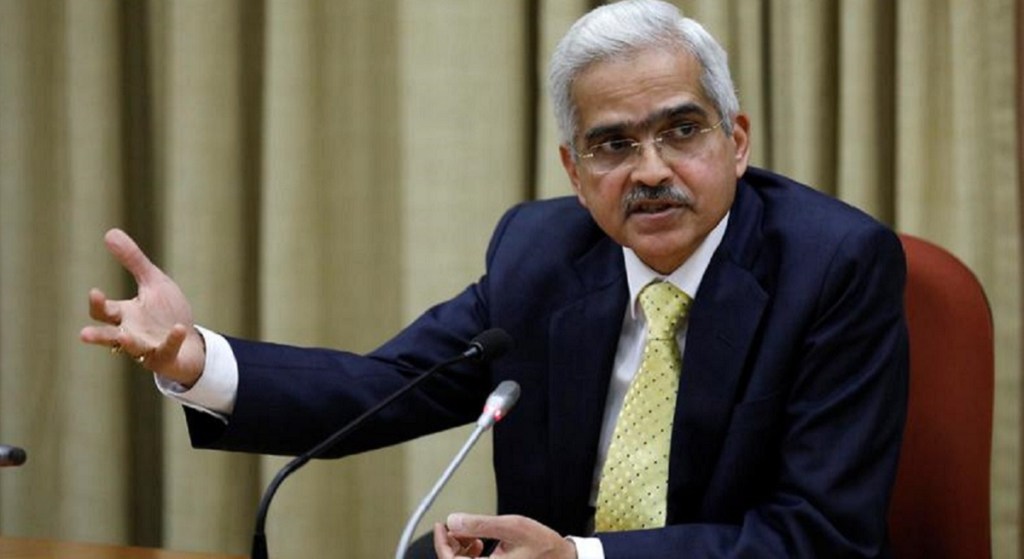RBI Governor Shaktikanta Das on Friday listed six policy priorities for the South Asian region in order to deal with challenges like inflation, external debt, among others, arising from the pandemic, inflation and Russia-Ukraine war. “Global trade and the economy look uninspiring. We have to formulate policies in these unpredictable times. I feel there are six policy priorities for South Asian region which include: taming inflation, containing external debt vulnerabilities, raising productivity to raise potential growth trajectories of South Asian economies, strengthening cooperation for energy security, cooperation for greener economy in the region, and promotion of tourism,” he said in a speech at an IMF conference.
Shaktikanta Das also said that the government and the central bank are in discussion with South Asian countries to have cross-border trade in rupee. “After the successful launch of the wholesale pilot, the RBI on December 1, last year, began its retail CBDC pilot project,” Shaktikanta Das said. Furthermore, talking about how South Asian countries tackled the ‘dampened economic prospects’ with prioritized sound macroeconomic policies, he said, “Withstanding the challenges, as per the World Economic Outlook database 2022, which was released by the IMF, India, Bangladesh and Maldives would be among the fastest growing economies in the world in 2022 and 2023.”
The RBI Governor also said that the South Asian region’s GDP is projected to grow at 6.5 per cent in 2022 and 6.3 per cent in 2023. Earlier during the conference, IMF Deputy Managing Director Antoinette Sayeh also stated that India is in a relative ‘bright spot’ in the world economy but the country needs to leverage its strength in services exports and extend it to job-rich manufacturing exports.
According to the RBI’s estimates, annual inflation is seen cooling to 5.9 per cent in January-March 2023 and 5 per cent in April-June 2023 but is set to rise to 5.4 per cent in the subsequent three months. The central bank reiterated that even with the challenging global environment and ensuing headwinds, India’s economy and the domestic financial system remain resilient. At present, India and the global economy are navigating through rough waters attributed to global uncertainties, unfolding conflict in Ukraine, the reaction of financial and commodity markets to the changing scenarios, tight monetary policy and more.

